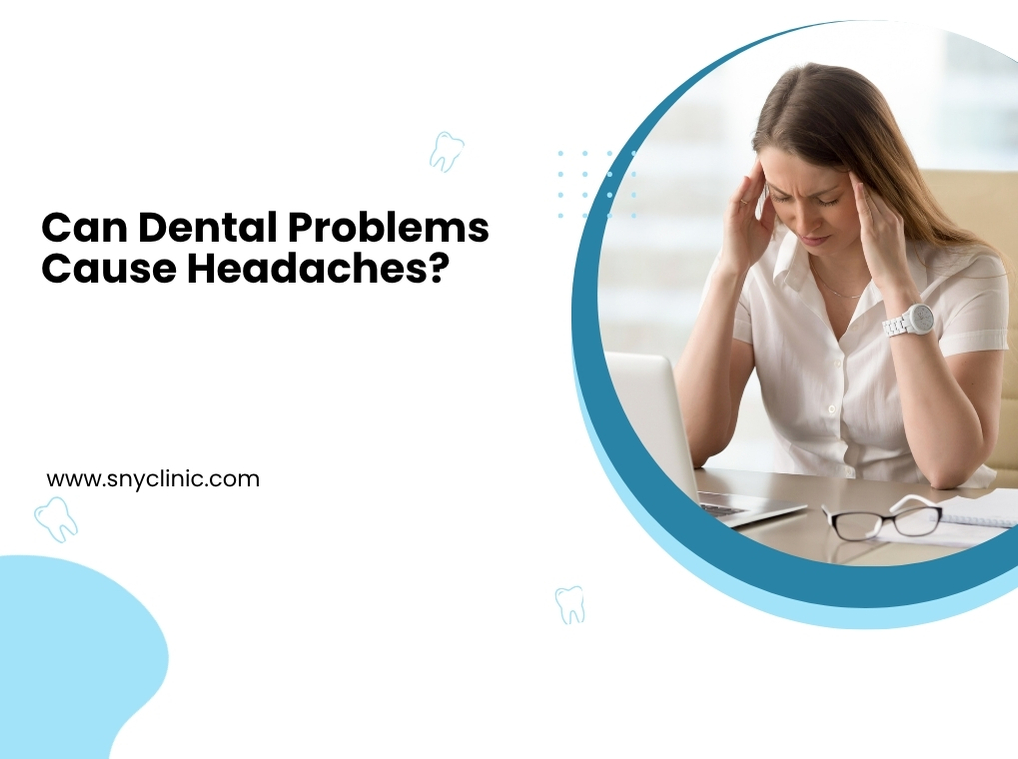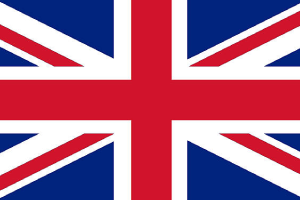
Can Dental Problems Cause Headaches?
Can Dental Problems Cause Headaches?
Headache is one of the most common health problems encountered in daily life. While many people attribute this complaint to stress, fatigue, lack of sleep, or migraine, in reality, dental and jaw-related problems can also be among the main causes of headaches. Oral and dental health is directly linked to overall body health. Therefore, dental problems may not only cause pain inside the mouth but also in the head, neck, and even shoulders. So, which dental issues cause headaches, and how can they be prevented?
The Connection Between Dental Problems and Headaches
The structure of the mouth and jaw is directly related to the skull and nervous system. A problem in the teeth can reflect onto the head area through nerve pathways. Especially the trigeminal nerve, which supplies the face and jaw muscles, plays an important role in this process. Issues such as teeth grinding, gum inflammation, cavities, or impacted teeth can put pressure on this nerve and trigger headaches.
Dental Problems That May Cause Headaches
1. Teeth Grinding and Clenching (Bruxism)
Due to stress, irregular sleep, or psychological factors, many people unconsciously clench their teeth, especially during sleep. Bruxism places excessive strain on the jaw joints, causing pain in the temples, forehead, and neck. In the long term, besides headaches, it can also lead to enamel wear and permanent jaw joint problems.
2. Temporomandibular Joint Disorders (TMJ)
The temporomandibular joint (TMJ) enables the movement of the lower jaw. Disorders in this joint manifest with symptoms such as restricted jaw movement, noises during chewing, tinnitus, and headaches. TMJ disorders usually cause intense pain around the temples and ears.
3. Impacted Teeth
Wisdom teeth, in particular, may not fully emerge in the mouth and put pressure on the surrounding tissues. This can lead not only to jaw pain but also to headaches. When impacted teeth become infected, the pain intensifies and significantly reduces quality of life.
4. Tooth Decay and Infections
Untreated cavities progress over time, reaching the nerves and causing abscesses. These infections may lead to throbbing pain that radiates to the head. Gum infections can also cause both localized and head-related pain.
5. Malocclusion (Misalignment of Teeth)
When the upper and lower teeth do not close properly, it creates an uneven load on the jaw muscles. Over time, this can lead to muscle fatigue, jaw joint problems, and headaches.
Symptoms of Headaches Caused by Dental Problems
Headaches that originate from dental problems usually carry specific characteristics. These symptoms include:
- Persistent pain in the temples, forehead, or around the eyes
- Waking up with headaches and jaw pain in the morning
- Headache that increases while chewing
- Tooth sensitivity and pain
- Clicking or locking of the jaw joint
- Pain radiating to the neck and nape
If you are experiencing several of these symptoms, the root cause may be your teeth.
Diagnosis and Treatment Methods
To distinguish headaches caused by dental problems, both a dentist and a neurologist should be consulted. The dentist can detect issues such as cavities, impacted teeth, jaw joint disorders, or bruxism.
Treatment methods include:
- Night guard usage: Special transparent plates are used in cases of teeth clenching and grinding. These protect the teeth and relax the jaw joint.
- Dental treatments: Filling cavities, root canal treatments, or removing impacted teeth eliminate the source of pain.
- Orthodontic treatments: Correcting malocclusion may reduce headaches.
- Medication: Antibiotics and painkillers may be prescribed for pain caused by inflammation or infection.
- Jaw exercises: Exercises recommended by a physiotherapist or dentist strengthen jaw muscles and prevent pain.
Preventive Measures for Headaches
- Regular dental check-ups
- Applying stress management techniques (meditation, exercise, breathing exercises)
- Using a night guard to prevent teeth clenching
- Maintaining proper oral hygiene
- Avoiding excessive consumption of hard foods
- Paying attention to sleep patterns
Headaches are not always caused by migraines or stress. Often, dental and jaw problems lie at the root of the pain. Especially teeth grinding, impacted teeth, cavities, and TMJ disorders are common causes of headaches. Through regular dental check-ups, early diagnosis, and appropriate treatments, you can protect your oral health and get rid of headaches that negatively affect your quality of life.
Remember, a healthy smile is not just about aesthetics; it is also an indicator of your overall health.




